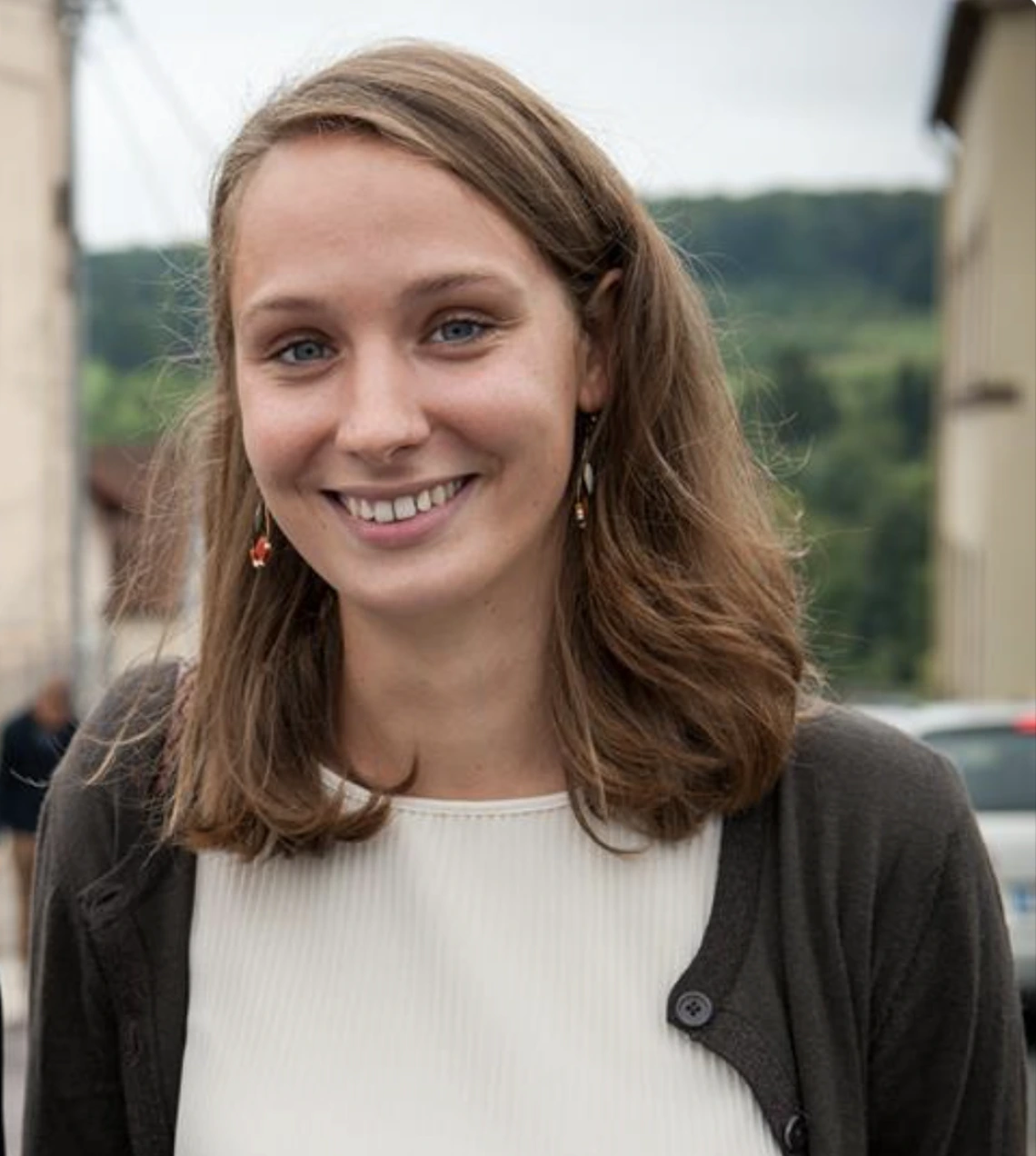Meet Dr. Boyer!

Dr. Anne-Lise Boyer is a social scientist who recently started a postdoc position with the Climate Assessment for the Southwest (CLIMAS), funded by the U.S. National Oceanic and Atmospheric Administration. Under the guidance of Associate Professor Ladd Keith in the College of Architecture, Planning, and Landscape Architecture, she investigates how heat impacts communities and seeks improved government and community strategies to mitigate its dangerous risks. Dr. Boyer commented that extreme heat is one of the most understudied yet most deadly effects of climate change.
Dr. Boyer is a geographer and political ecologist with a background in water conservation and expertise in environmental communication. She is an ethnographic scientist, which involves interviewing stakeholders (like policymakers, emergency responders, or grassroots organizations) and surveying communities to understand their perceptions about extreme heat. Dr. Boyer recognizes the Southwest as an intense environment that shows the dangers of increased heat, and a valuable place to seek solutions that can be applied to other regions as global temperatures rise. She is currently conducting a survey with county officials across Arizona to assess resilience to extreme heat, focusing on both strategies and barriers to proactively managing heat risks. With this research, Dr. Boyer hopes to answer questions such as “What options are available for people in remote areas if heat waves coincide with power outages... How would emergency services respond?”
Dr. Boyer first came to Tucson in grad school with a lab - the International Research Lab Iglobes - in partnership with the French Centre National de la Recherche Scientifique (CNRS) and the U of A. She was interested in the American Southwest’s climate extremities, and stayed on with that lab until July of this year when she was hired for CLIMAS. In addition to conducting her current research, Dr. Boyer is helping to organize next year’s Southern Arizona Heat Planning Summit and is also involved with the Center for Heat Resilient Communities, a government-supported initiative that helps communities develop equity-centered strategies for heat resilience. She appreciates how proactive Tucson government officials are in collaborating to address extreme heat, as well as how invested the CLIMAS researchers are in this work. You might run into Dr. Boyer at a University of Arizona Postdoctoral Association (UAPA) event or on a hiking trail around Southern Arizona.
Read Dr. Boyer’s publication “Coping with Scarcity” in Global Environmental Change journal: https://www.sciencedirect.com/science/article/pii/S0959378021001667?casa_token=a42u14msFb4AAAAA:GLXPq_lfM09uWJrt0UD95nSAa-pkN5PJdwaRDtuv974qxTo5qrw9ZBufSrNUJVYJGOas4XWxesw
Visit Dr. Boyer’s website: https://www.anneliseboyer.com/

